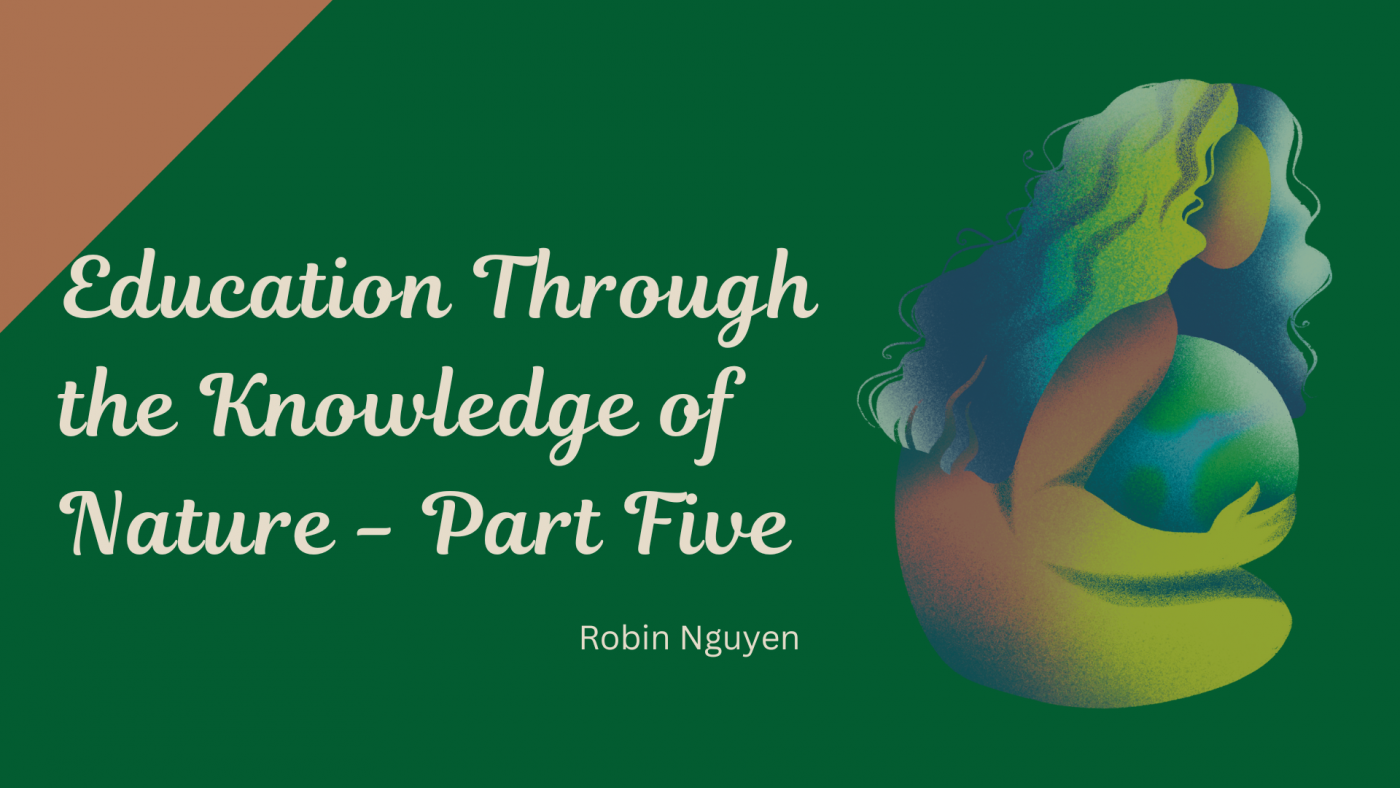“One of the biggest issues today is our disconnect from nature—a trend that alarmingly extends even to younger generations.” Robin Nguyen
Part Five: The Smartphone Dilemma: Are Our Kids Losing Their Edge?
From my observation, many parents today allow their children to use smartphones because they are busy and prefer not to be disturbed. Watching cartoons and playing games on smartphones has become so common among children that it weakens their physical health, strains their eyes, stifles their creativity, and—most concerning—leads to addiction.
Children end up in this situation largely due to a lack of connection with their peers and with nature. I recall that when I was a child, my parents also had little time for me, and we didn’t have access to TV or the internet. Instead, the kids in our neighborhood would gather to play traditional games like jack game, jump roping, and hide-and-seek. It was fun, helped us develop intelligence, and fostered a strong sense of teamwork and community. At the time, we didn’t consciously understand nature, but it surrounded us—we would simply walk to nearby bushes to pick fruits. Urbanization, which often disregards biodiversity, has distanced children from nature. Today, indoor play zones in malls encourage kids to engage with plastic toys rather than experiencing sunlight or fresh air.
Music and the arts are two essential ways for children to break free from screen dependency. They ignite passion, and when a child has passion, they are far less likely to spend their time playing online games. However, not every child is naturally drawn to learning music or art; many either find these subjects unappealing or too challenging. Community-based learning plays a crucial role in nurturing these skills. I remember that I found it much easier to learn the guitar because I often watched people in my hometown playing and singing in times when we didn’t have electricity.
In my opinion, technology is becoming increasingly accessible, yet many of us still struggle to develop essential soft skills and creativity throughout our lives. Human development is not driven solely by technology; it is fueled by the innovations we implement in technology and the care we invest in life.
Author: Robin Nguyen


